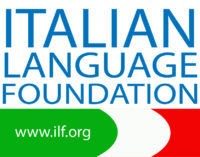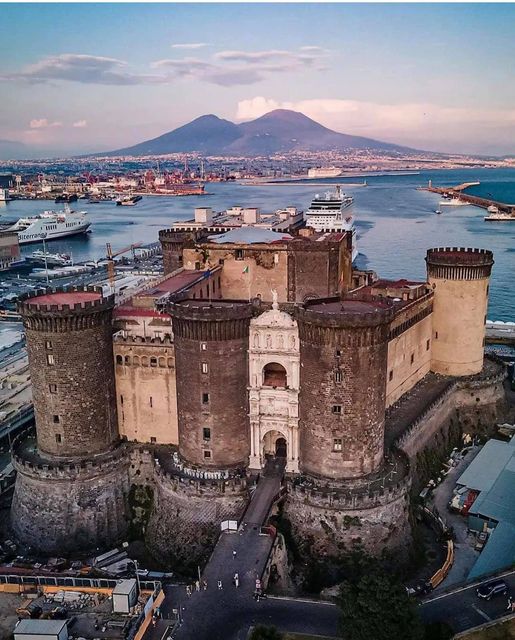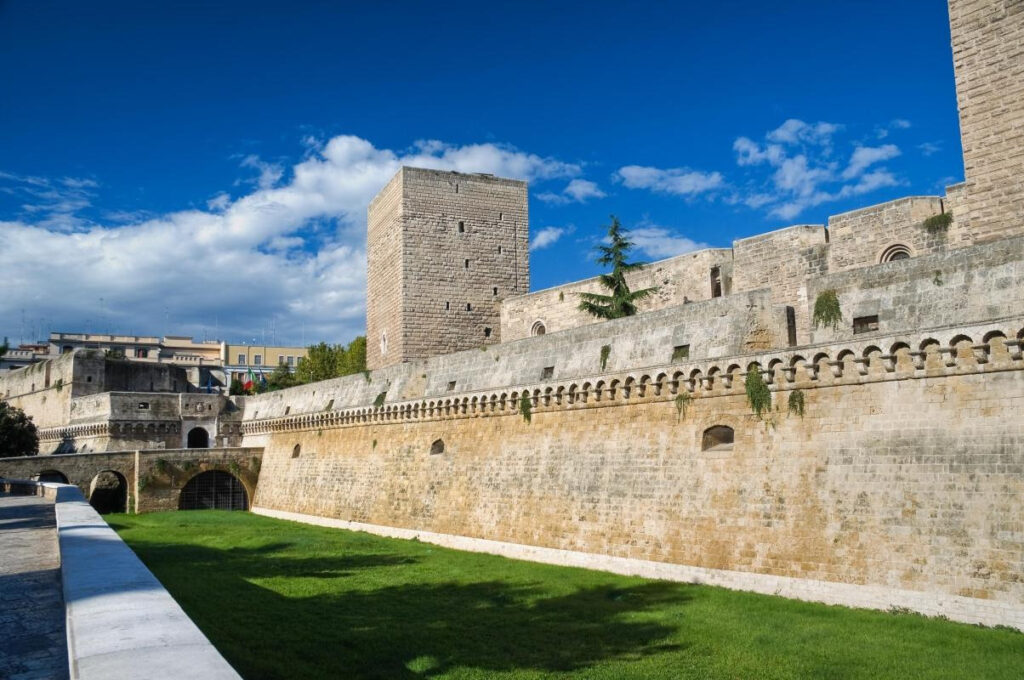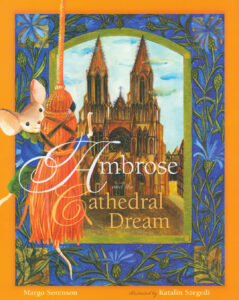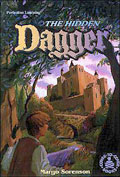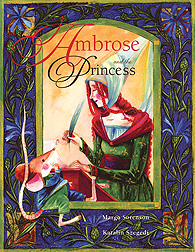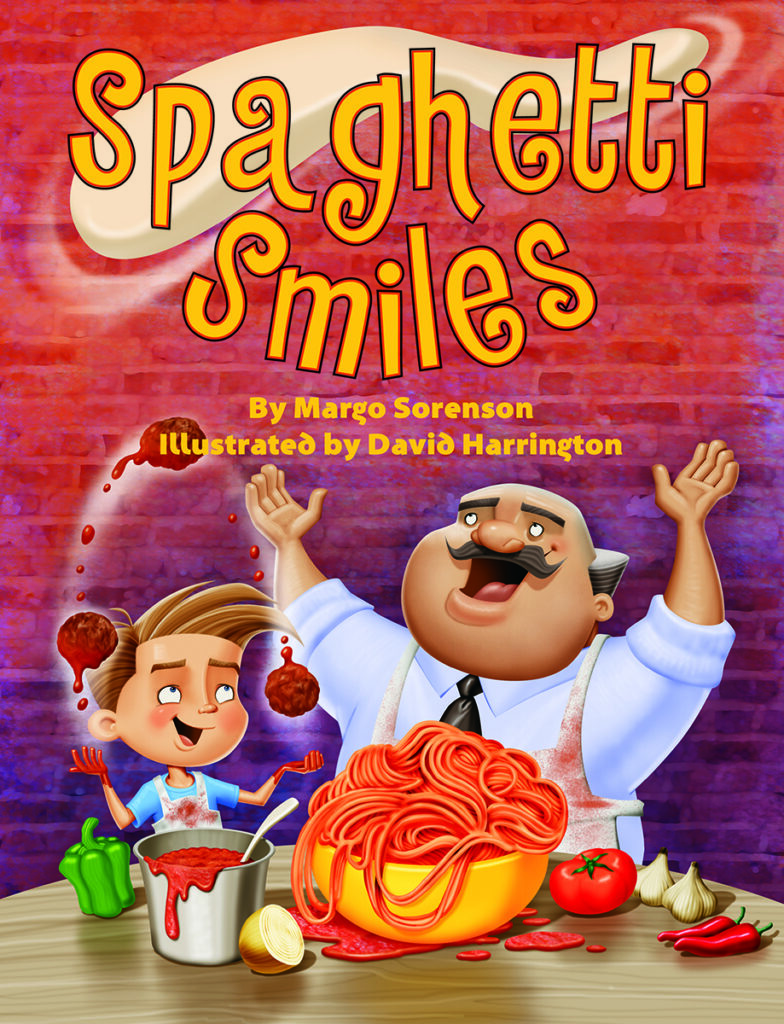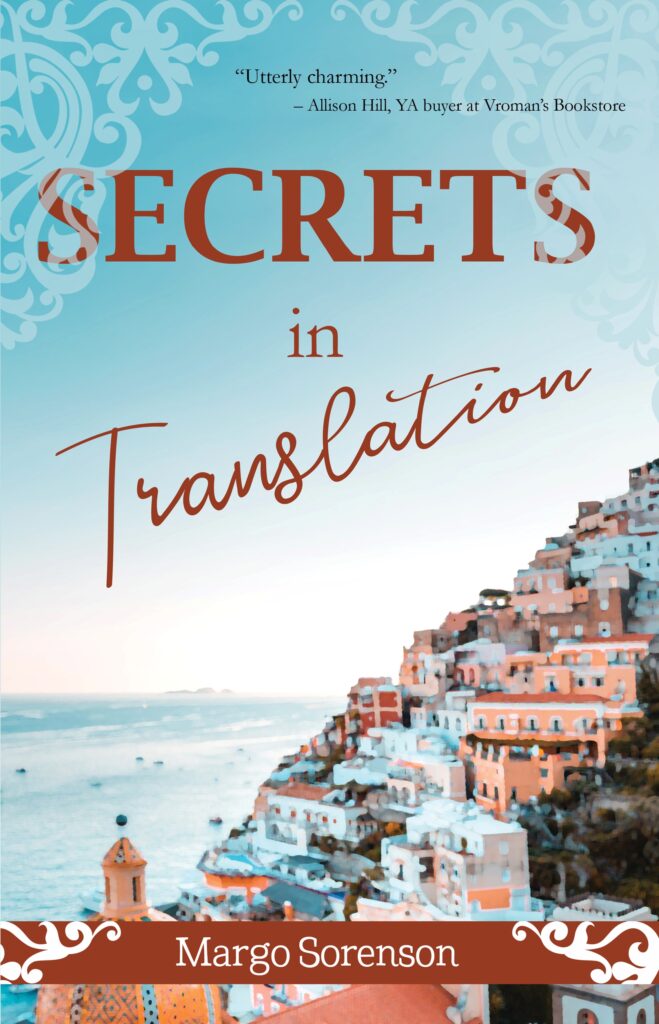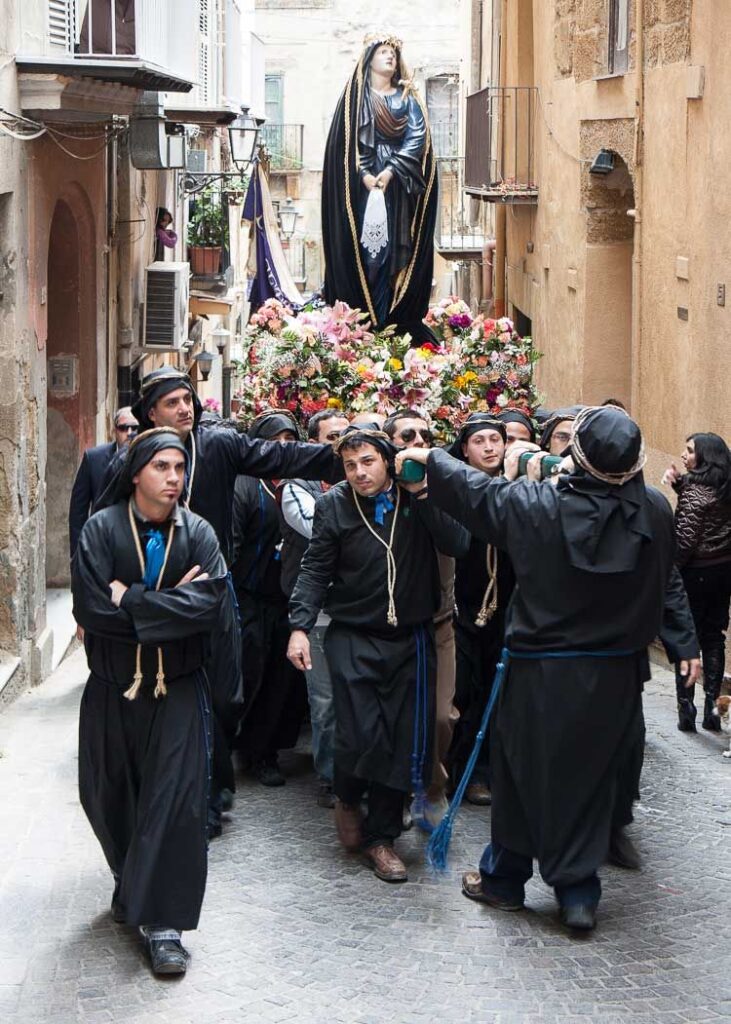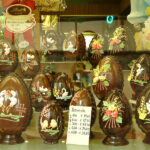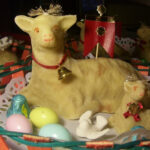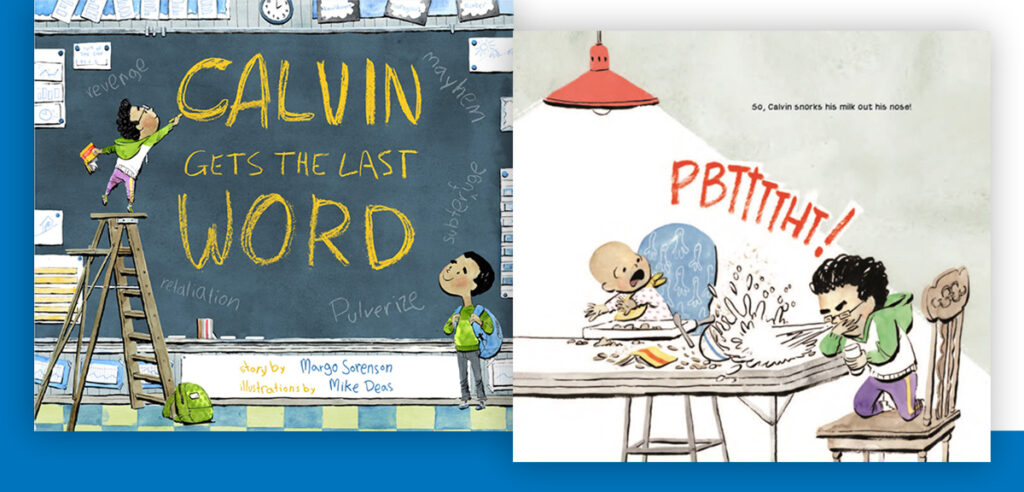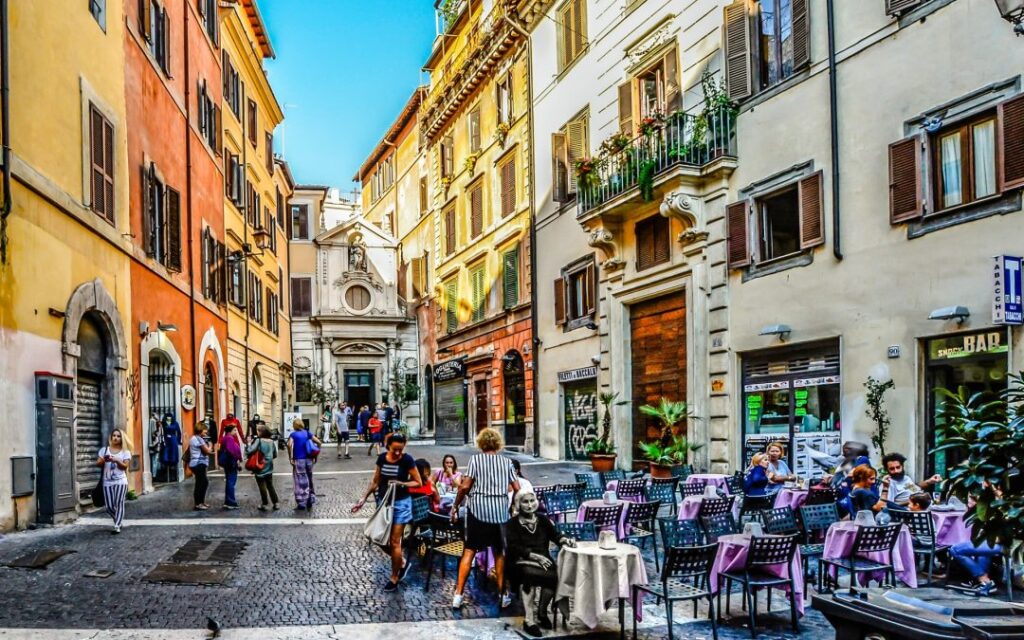
Written by Raffaele “Ralph”Annina, a Fulbright Scholarship recipient, at The American Academy in Rome (Classical Studies) as well a former National Endowment for the Humanities Scholarship Recipient (Teaching Italian through Italian Art) in Rome. Served on ETS Italian SAT development committee. Taught AP Italian at the secondary level. Taught in Italy for five years working for the department of defense schools.
There are many opportunities for work overseas especially for education graduates, fine art graduates and business graduates.
How does one find a job in Italy? If you speak clearly in Italian and have some work experience with a strong background in your field of study and you are starting out early in your career; you could possibly find work and live in Italy. From my observation, public and private schools in Italy teach English. However, to teach in an Italian public school you need an EU citizenship. There are opportunities in private schools such as colleges, prep schools, and language schools. It is also helpful to have an ESL certificate or background.
If you are an elementary school teacher there are numerous international schools always looking for recent graduates. Oftentimes, you must take a pay cut and must be starting out in your career. I have noticed that employers look for younger employees.
There are services that act as “headhunters” that specifically work with U.S. fortune 500 corporations looking to hire workers to work in Italy. There are also agencies that place teachers overseas for a fee. And let’s not forget government. The U.S. government has a wide array of overseas opportunities (usa.gov), some in Italy. Some of these jobs do not require knowledge of Italian, it is preferred.
Conferences and associations are other sources for networking and finding contacts and work in Italy.
Italian companies in the U.S. will also seek graduates in many IT fields. I worked as an Information Systems director for Barilla-America. I was vetted and hired by the CFO because I spoke Italian and have an IT work background.
Living and working in Italy is achievable; don’t give up, to start, use the resources available to you such as university placement offices, friends, your Italian teacher, people working in Italy and make your dream come true. Buona Fortuna!
